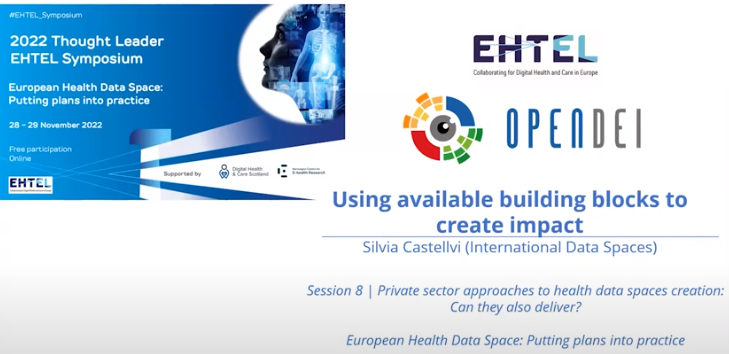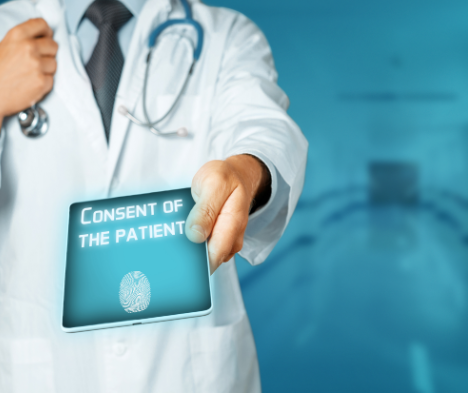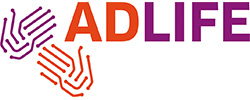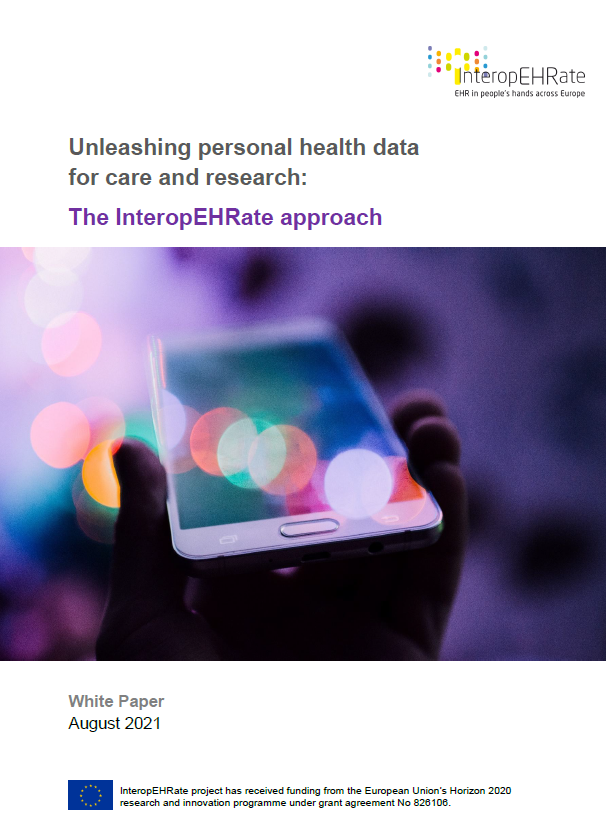Use cases on Acute Care, Telemedicine and Telecare are gaining momentum
In the framework of the Digital Europe Industry- Health Cluster and supported by EU funds and the Building and Resilience Actions (RRF), the EU Commission is designing a pan-European initiative – Telehealth Europe: Telemedical, intersectoral network as a new digital health structure for measurable improvement of care close to home. The goal of this initiative is a transnational digital telehealth network in Europe for better and digital health, more synergies, mutual support, and solidarity in response to the Corona pandemic and towards integrated telemedicine and telecare.
Telehealth Hubs in Europe are being established in more than 12 countries and regions and are closely interlinked with the EU-funded Digital Innovation Hubs (DIH) and European Reference Networks (ERN). ERN on Acute Care and Telemedicine (ERN-ACT), develops and designs an EU-central telehealth hub for innovation and education together with a medical telehealth reference center, a digital health telehealth innovation cluster and digital skills telehealth and telecare education center DS4Health.
Of note, Intensive Care Units (ICUs) are facing the challenge of an aging society on the one hand and a shortage of specialized staff on the other hand. To meet this challenge, while maintaining high quality intensive care close to home, innovative structures come in handy.
One considerable innovation is the usage of telemedicine in the ICUs. Telemedicine, as a broad term, can be used to describe overcoming spatial and temporal distances with the help of technologies. Its field of application reaches from consultation hours between doctors and patients to professional consultations amongst physicians only. The latter is applicable in the context of telemedicine in ICUs. This offers the opportunity to digitally connect peripheral hospitals, that might not have all necessary medical expertise in-house, to an expert center in a more central location, assuring 24/7 availability of medical expertise. As shown in the recently finished project Telnet@NRW with >150,000 study participants and 10,585 patients treated, telemedicine in ICU proofed for better perspective in transition from acute care to home care by increasing guideline-guided treatment (e.g., for respiratory tract infections by a factor of 34.3) as well as guideline-compliant treatment of severe infections, severe sepsis and septic shock by a factor of 6.8. The latter directly results in enhanced better outcome by reducing sepsis mortality from 28.8% to 23.8% (relative reduction 17%).
Two major scenarios in using telemedicine on ICUs exist: periodic rounding and ad-hoc / emergency consultations. During the digital rounds, patients are presented to the remote physicians and further treatment is discussed on a regular basis, in critical situations the remote experts can offer guidance to the staff on site. Patients benefit in staying close to home while receiving high quality medical care and a reduction in complications. Potential abnormalities can be detected early on and treated accordingly. For medical staff, the second opinion by a remote colleague means stress reduction and quick access to an additional “security layer” if there is no knowledgeable colleague available. In crisis situations, like the COVID-19 pandemic or urgently needed support to the neighboring countries of Ukraine in the current war crisis, the knowledge transfer via telemedicine offers efficient usage of resources as it increases the bed-capacities. Thus, another important object of ERN-ACT is the expansion of innovative medical care structures to be prepared in this medically relevant area in the future and to be able to react to critical situations such as a new pandemic (Pandemic Preparedness) and/or war crisis with optimized structures and processes.
In summary, Telehealth Europe enables better individualized therapy of patients, ensures efficient therapy control of patients, and enhances rapid adjustment of therapy. The use cases provide for better integrated care by use of IT tools and knowledge sharing including a corresponding skills and education action.
Get to know more by following this link: https://www.ukaachen.de/kliniken-institute/telemedizinzentrum-aachen/europaeisches-referenznetzwerk-fuer-die-akutmedizin-und-telemedizin/




